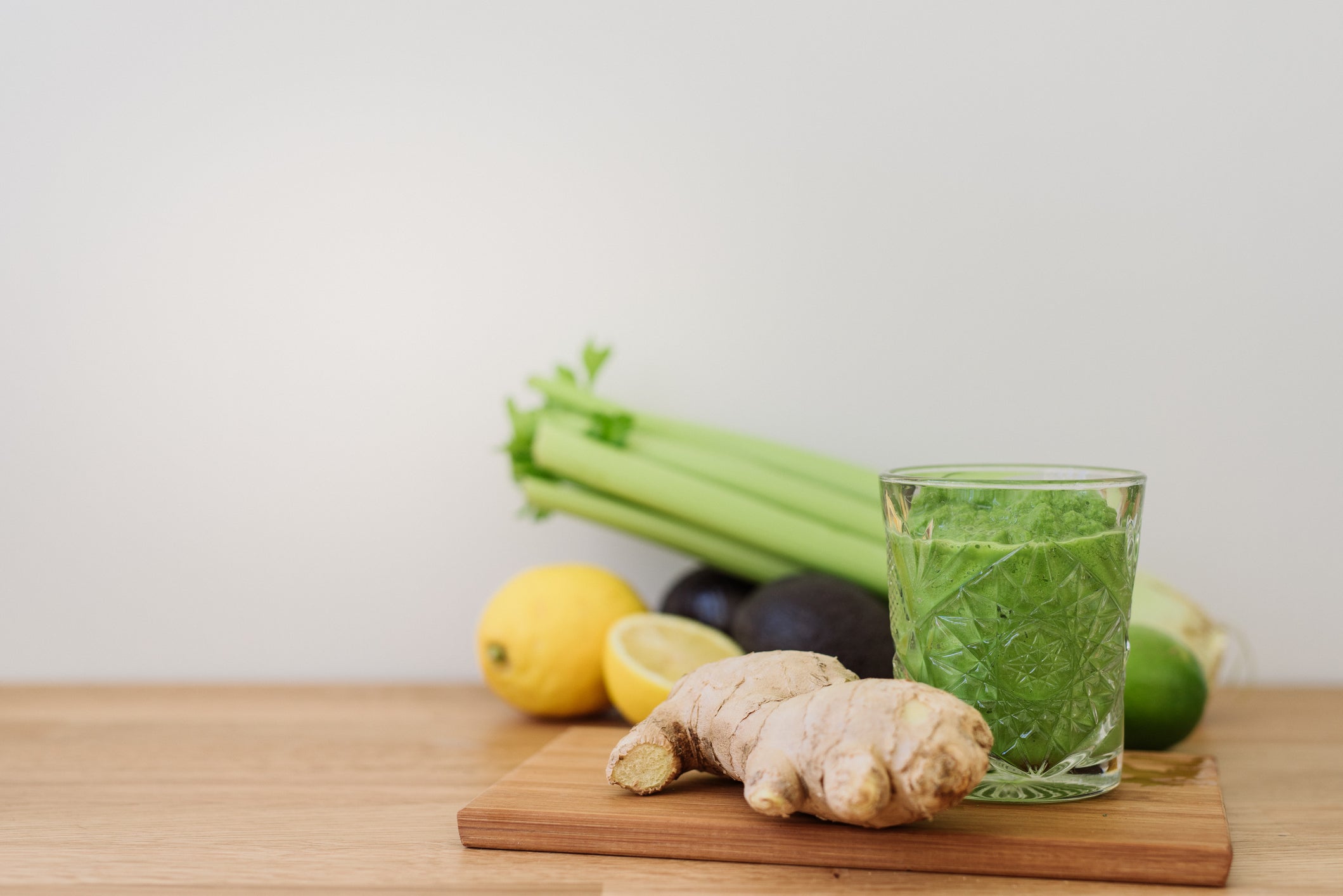Is your diet making your pain worse? Chronic pain is exacerbated by anything that causes inflammation. Did you know that includes some foods, too?
Inflammation is an autoimmune response. Some foods can trigger the same response in the body: if your gut is irritated by a certain food, this can increase the overall inflammatory response, making your pain much worse.
How to Try an Elimination Test Diet
Before you embark on this test, chat with your doctor first, as it might not be suitable for some people. It could help if you suffer from arthritis or fibromyalgia, or other chronic pain conditions.
An elimination diet sounds drastic, but it’s only temporary. The idea is to cut out groups of food known to be inflammatory triggers, for a period of six to eight weeks at a time. Keep a record of your pain levels during the elimination period. If your pain doesn’t decrease, it’s time to try cutting a different food out for a further six weeks. Continuing this process helps you identify which foods aggravate your inflammatory response.
Let’s take a look at the foods and food types that you can try cutting out to reduce inflammation and pain.
Gluten
Gluten is a known irritant for celiacs, an autoimmune disease of the gut. There is a link between celiac disease and autoimmune conditions, like rheumatoid arthritis.
You’ll find it in many grains, like wheat, rye, and barley. That means foods like bread, pasta, pizza, and even breakfast cereal could be increasing your inflammation – and pain levels.
Gluten-free foods are much easier to find these days, making it much easier to cut it out of your diet. Look in the ‘free from’ section of the grocery store or visit a health food shop for a wide range of gluten-free options.
Dairy
Lactose is another known irritant for many people. Some are intolerant to lactose, the natural sugar found in dairy products.
You need to avoid milk, yoghurt, butter, and cheese if you’re trying to cut out dairy as part of your elimination diet. The good news is that, as it’s an increasingly common intolerance, you can easily find lactose-free alternatives in the grocery store. Or, try switching cow’s milk for nut or oat milk, and opting for ‘vegan cheese’ made with coconut oil instead of dairy.
Nightshade Plants
As yet, there are no definitive studies to prove that vegetables in the nightshade family cause inflammation. However, there is plenty of anecdotal evidence that they may cause food sensitivities in those with other inflammatory response issues (like chronic pain).
These vegetables, part of the Solanaceae plant family, include potatoes, eggplants, tomatoes, and peppers. Try taking them out of your diet for a while to see if your pain reduces.
Processed Foods
Highly processed foods and food high in refined sugar can stimulate the inflammatory response in the body.
This includes a wide range of foods, such as fried food, refined carbohydrates, sodas, margarine, and processed meats. Desserts will also have a high level of refined sugar in them, which is known to aggravate inflammation, too.
Other Ways to Reduce Your Pain
Cutting food types out of your diet to find out if they cause inflammation is just one way to tackle your chronic pain without strong painkillers.
Other things to try include physiotherapy, meditation, and acupuncture. You can also try BioWaveGO, a portable device that blocks pain with electrical impulses. One half-hour session can provide medication-free pain relief up to 24 hours. Try it risk-free for 30 days here.



Share:
How to Adapt Your Workouts to Manage Chronic Pain
Biowave Commercial Promo Piece